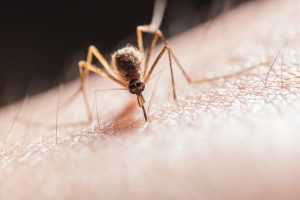An experiment that has been underway since April of last year aims to reduce the population of disease-carrying mosquitoes by introducing genetically modified variants of the bug to strategic areas in the Florida Keys. Oxitec, the Abingdon, U.K.-based biotech firm generating some serious buzz with this gambit, has taken around seven months to release nearly five million engineered Aedes aegypti mosquitoes, and is now wrapping up its monitoring of the various release sites.
The natural versions of the A. aegypti mosquito found in the wild are capable of carrying life-threatening viruses like yellow fever, Zika, chikungunya, and dengue, so figuring out effective ways to cull their populations has long been on the agenda for scientists in this space. In this case, Oxitec has engineered its males to carry a gene lethal to female offspring. Therefore, all female offspring will die off—while male offspring bring the gene into new generations. Accordingly, the population is bound to diminish over time.
Researchers from Oxitec took more than 22,000 eggs from trap sites to evaluate their hatching and early maturing process. Every female that had inherited the deadly gene did indeed perish before reaching adulthood. The team was able to determine inheritance had taken place because the gene causes mosquitoes to fluoresce under a special kind of light.























